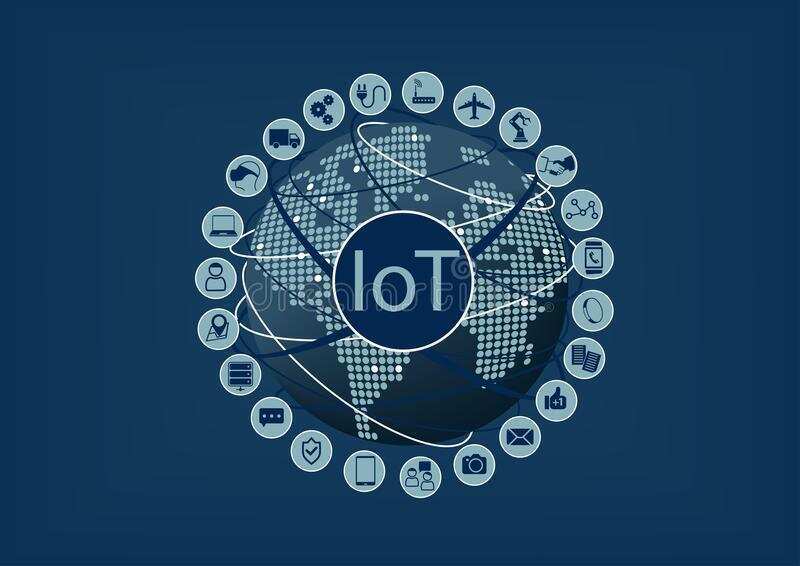 By Sanjeev Srivastav
By Sanjeev SrivastavIoT, the internet of things, coupled with cognitive computing, is steadily transforming how work gets done, often in ways that were not imagined, even five years prior. Consider the recent advances in how computers understand and synthesize human speech, the impending maturity of self-driving cars, and the accuracy and usefulness of automated alerts for car drivers.
Elements of such technology are now available via consumer-grade devices, that allow you to check the weather (without needing to specify your location) or estimate the travel time to a destination (given traffic conditions). Large internet companies draw upon the collective experience of many users to operate such cognitive systems, personalized per the individual’s prior usage of that service.
Enter Acme Corp., an enterprise that needs to deliver a “consumer grade” experience to the buyers of its kitchen appliances, a specific model of car, or a hotel room. A lot changes in these scenarios, but the buyer still expects an easy-to- use (often hands-free) interface and ‘built-in’ knowledge about the system. Engagement with a specific home appliance, that particular model of car, and the layout and facilities in a particular hotel room make the problem a harder one to solve, as initial data availability is limited. Enterprises that are developing next-generation consumer experiences leveraging IoT must necessarily solve this problem.
Furthermore, they should seek software platforms that obviate the need to reinvent the wheel for each new product they bring to market. The wheel that powers cognitive capabilities for IoT must support three tenets – 1. natural
language conversations specific to a system of interest, 2. knowledge about the current state of that system, and 3. the ability to create useful alerts or requests for action. Upon receiving a low-gas alert from your car, your “Will I make it to the nearest gas station?” will thus be answered based on the gas level in your car, your car’s average fuel consumption, and the distance to the nearest gas station. Note, the manufacturer of kitchen appliances must design
for a very different set of conversational topics, and yet would benefit from a methodology that supports the three basic tenets noted above. Furthermore, besides capabilities they design into products, enterprises also need to play with supplier-provided products and services.
Thus, remotely-controlled door locks or light bulbs and inquiries about the local weather conditions might be relevant for all hotel room occupants, regardless of the hotel company or location; such out-of- the-box capabilities, when properly supported by a platform, will greatly aid the development and maintenance of the overall system. Platforms for enterprise-specific cognitive IoT systems are just starting to appear on the market, lagging a bit behind the familiar consumer-grade services such as Alexa, Cortana, Google Assistant and Siri. Besides enforcing stricter security and privacy standards, these systems factor in differences of scale, available data, and multiple device form factors, to
support various customer bases. Most importantly, they allow the representation of physical worlds (IoT devices and their environment) and user preferences; once these two are in place, the system can infer much about a conversation without expecting users of the system to be overly specific, thus ensuring a pleasant user experience.
IBM (Watson Assistant), Amazon (Alexa for Business), Microsoft (Cortana) and Google are all in this race towards cognitive IoT systems and are eager to partner with enterprises that seek innovation ahead of their competition. Each brings a slightly different perspective to the situation, but it’s clear that innovation is just getting started in this area and all the major software companies are investing to develop this market. If your business faces disruption, and
IoT with a cognitive interface provides innovation options, look for a software platform that accelerates your journey. Building a platform from scratch isn’t for the weak of heart, nor sensible, if your day job is running Acme Hotel. Lastly, this journey will transcend many models and revisions of your products, and this platform becomes one of your core assets. Choose with care!
(He is the Senior Vice President at Persistent Systems)